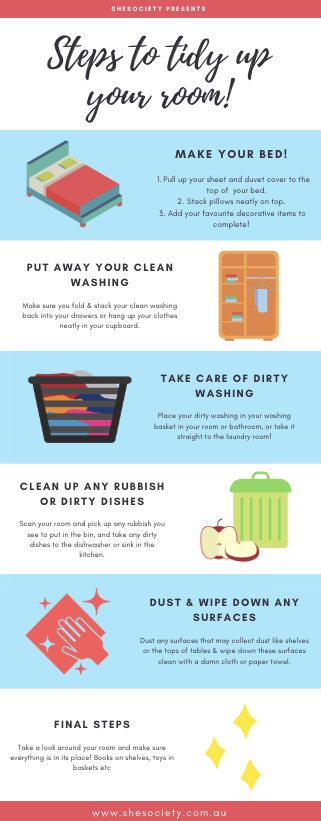
It goes without saying that having shared interests and a satisfying sexual relationship are high on the list of “must haves” for a successful marriage.
But did you know, according to research, sharing household chores by partners is also a crucial ingredient for marital bliss?
And as children join and grow older in the family unit, they also have a major part to play in household happiness by taking on more and more chores.
According to the most recent report from Pew Research Center’s Religious Landscape Study in the US, more than half of married U.S. adults (56%) – both with and without children – say sharing household chores is “very important” to a successful marriage behind having shared interests (64%) and a satisfying sexual relationship (61%), but ahead of having children (43%) and having adequate income (42%).
Among married adults, men are slightly more likely than women to say sharing household chores is very important to a successful marriage (63% vs. 58%).
And those aged 18 to 29 (67%) and aged 30 to 49 (63%) are more likely to say sharing chores is very important, compared with 57% of those aged 50 to 64 and 56% of those 65 and older.
According to a separate Pew Research Center survey of American parents half of married or cohabiting couples living with at least one child under age 18 say their household chores are split about equally.
But 41% say the mother does more, while 8% say the father does more.
The survey prompted SheSociety to ask our readers who did the housecleaning and other chores in their homes.
The results were surprising with half of those surveyed saying the cleaning etc in their homes was a joint effort with a third of wives and mothers saying they did the majority while 16.7 per cent said their partners did it.
As for children, all of our readers surveyed said they did no cleaning or chores at all, especially as it is accepted by psychologists and other experts worldwide that chores are a great way to teach children about responsibility and work ethic.
Melbourne Child Psychology & School Psychology Services, Port Melbourne, reported that sharing chores in the family teaches kids the importance of helping out and supporting each other.
Chores also help kids develop independence-skills and a sense of feeling proud about making a contribution to the family, it said.
Although young children may not be able to do chores to their parents’ standard, kids eventually learn how to do the job properly. The key is to start as early as possible with simple tasks and then build upon what they can do.
While it may take double the amount of time to complete the chore at the beginning, it will save you heaps of time in the future.
Remember to be patient, don’t jump in as soon as you realise they are doing it wrong. Kids learn and master skills by practising, so don’t give up, consistency is extremely important for success.
Family chore charts are a great way to set everyone into the routine of completing their jobs. Assign age-appropriate weekly and daily chores to each member of the family.
For younger children 2 to 3 chores should be enough, as kids get older assign more chores. However, remember to not overload kids with chores, they need to have free time too! If your child’s motivation to participate in chores is low, you may want to introduce a reward chart (Get in touch if you would like more information on how to use reward charts effectively).
Before you assign a specific chore, be aware of your child’s skills and be realistic of to what extend they will be able to perform the job.
Teach each required step and provide assistance and supervision the first few times your child attempts to complete the chore. Be specific with instructions, don’t be vague. Once they master the chore, give them the opportunity to work on their own.

SheSociety is a site for the women of Australia to share our stories, our experiences, shared learnings and opportunities to connect.

Leave a Reply